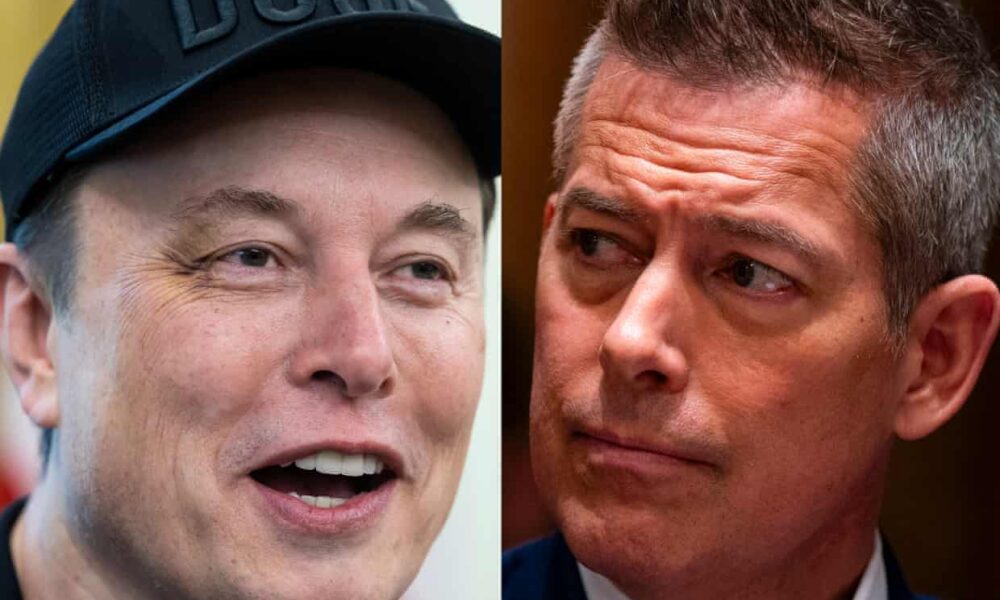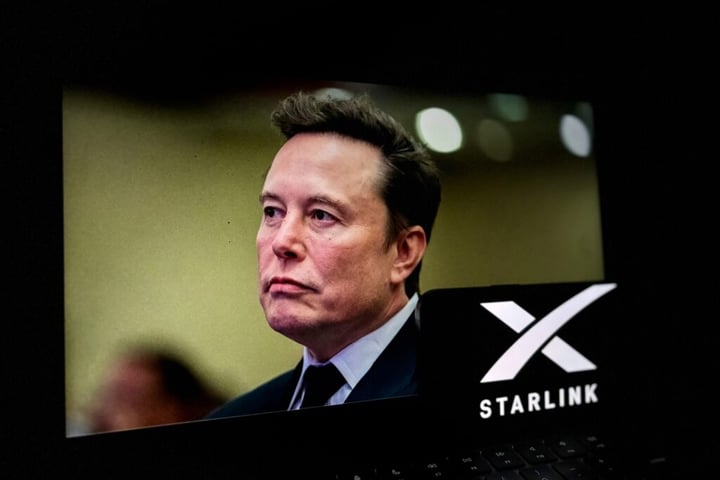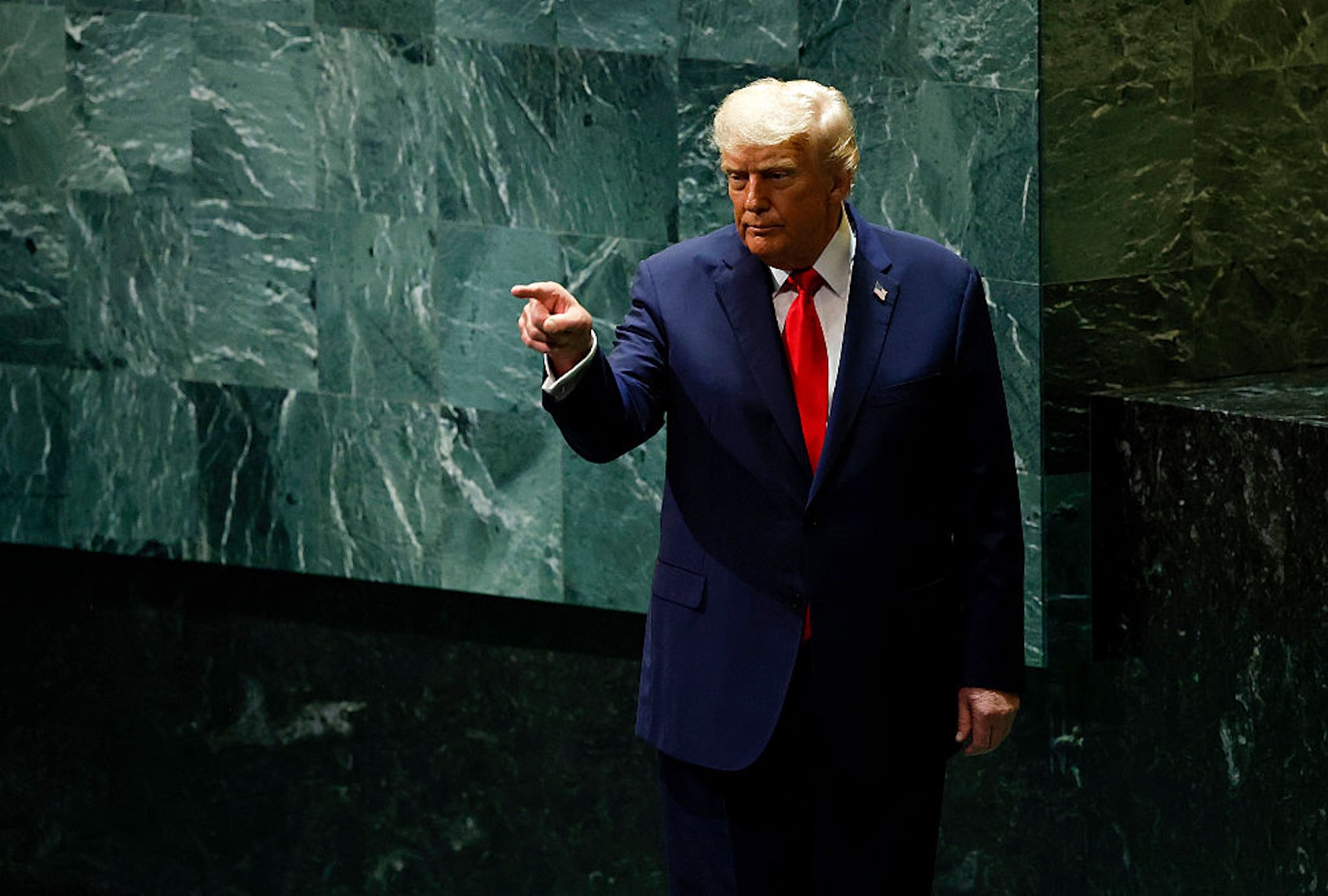Elon Musk publicly criticized Sean Duffy, the US Secretary of Transportation and acting head of NASA, in a series of posts on social media platform X on March 12, 2024. Musk accused Duffy of undermining NASA and suggested that he should be removed from his position, calling him “Sean Dummy.” The conflict escalated following Duffy’s announcement that NASA would reopen contracts for the Artemis mission, which aims to return humans to the Moon. Musk’s remarks come amid ongoing tensions regarding the future of US space exploration.
The feud centers on Duffy’s assertion that SpaceX, Musk’s aerospace company, has fallen behind on its project timelines. Duffy indicated that the agency might consider awarding the lunar lander contract to another company, potentially Jeff Bezos‘s Blue Origin. This development reflects a broader struggle for influence over the direction of US space travel, particularly as both Musk and Duffy have ambitions regarding leadership at NASA.
Musk’s response highlights the stakes involved. He previously supported Jared Isaacman, a billionaire and ally, for the NASA leadership role. This rivalry has intensified since the Trump administration appointed Duffy to head NASA instead of Isaacman, who had been favored by Musk. Trump’s rejection of Isaacman was reportedly linked to his political donations, which the former president viewed unfavorably.
In his posts, Musk expressed that “the person responsible for America’s space program can’t have a 2 digit IQ,” emphasizing his frustration with Duffy’s leadership. He also mocked Duffy’s prior experience as a lumberjack, questioning whether someone with such a background should oversee the nation’s space initiatives. The remarks reflect Musk’s deep investment in the future of NASA, as SpaceX serves as the agency’s largest private contractor, having secured a $2.9 billion contract in 2021 for the lunar lander component of the Artemis 3 mission.
NASA’s Artemis program, initiated during Trump’s presidency, aims to return astronauts to the Moon for the first time since 1972. Originally, the goal was to land on the Moon’s south pole by 2024 and establish a human presence by 2028, with plans to eventually reach Mars—a vision closely aligned with Musk’s long-term aspirations. Nevertheless, NASA has faced multiple delays, with the next lunar orbit mission now rescheduled for no earlier than 2026.
As the debate over NASA’s direction continues, the dynamics between Musk and Duffy illustrate the complex interplay of politics, business, and space exploration in the United States. Both figures are vying for influence over a program that captures global attention and ambition.







